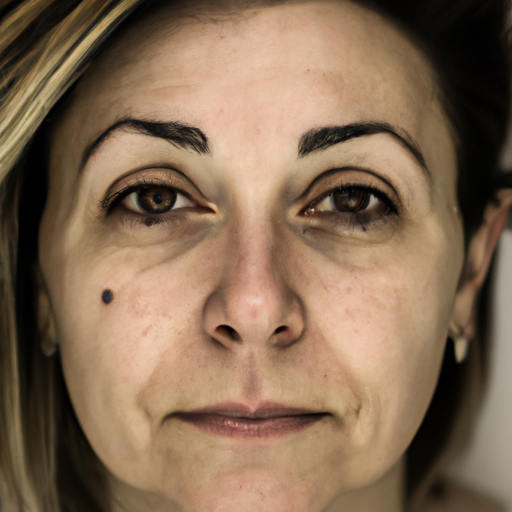Sensitive skin is a common issue that affects many people worldwide. It is characterized by redness, itching, burning, and dryness. This condition can be caused by various factors, including genetics, environmental elements, and certain skin conditions like rosacea or eczema. However, it doesn’t mean you have to live with discomfort or resort to harsh chemical treatments. There are numerous natural strategies that can soothe and heal sensitive skin. Here’s a guide to healing sensitive skin naturally.
Firstly, it’s crucial to understand that the skin is our body’s first line of defense against external aggressors. Therefore, maintaining a healthy skin barrier is key in managing sensitive skin. One way to do this is by keeping the skin hydrated. Dry skin can exacerbate sensitivity, leading to inflammation and irritation. Drinking plenty of water throughout the day can help maintain skin hydration from the inside out. Additionally, using a natural moisturizer like shea butter or coconut oil can help lock in moisture and protect the skin barrier.
Another essential aspect of healing sensitive skin naturally is nutrition. Certain foods are known to promote skin health and reduce inflammation. Foods rich in omega-3 fatty acids, such as fish and walnuts, can help reduce inflammation and soothe sensitive skin. Additionally, foods high in antioxidants like berries and leafy greens can help protect the skin from damage caused by free radicals.
It’s also important to avoid potential irritants that can trigger skin sensitivity. This includes harsh soaps and detergents, synthetic fragrances, and certain fabrics like wool. Instead, opt for gentle, natural cleansers and moisturizers, and wear soft, breathable fabrics like cotton.
In addition to these lifestyle changes, there are several natural remedies that can help soothe sensitive skin. Aloe vera, for instance, has been used for centuries for its soothing and healing properties. It is rich in vitamins A and C, enzymes, and anti-inflammatory compounds that can help reduce redness and irritation. Simply apply aloe vera gel directly to the affected area and let it absorb into the skin.
Chamomile is another natural remedy that is beneficial for sensitive skin. It has anti-inflammatory and antioxidant properties that can help soothe and heal irritated skin. Chamomile can be used in various forms, including tea, essential oil, or topical creams.
Lastly, it’s important to remember that everyone’s skin is different, and what works for one person may not work for another. It may take some trial and error to find the right natural remedies and lifestyle changes that work best for your sensitive skin.
In conclusion, healing sensitive skin naturally is a holistic process that involves hydration, nutrition, avoiding irritants, and using natural remedies. It’s about nurturing your skin from the inside out and being mindful of what you put on your skin. With patience and consistency, these strategies can help soothe and heal sensitive skin, improving its overall health and resilience. Remember, it’s always best to consult with a dermatologist or skincare professional if you’re dealing with persistent or severe skin sensitivity.



